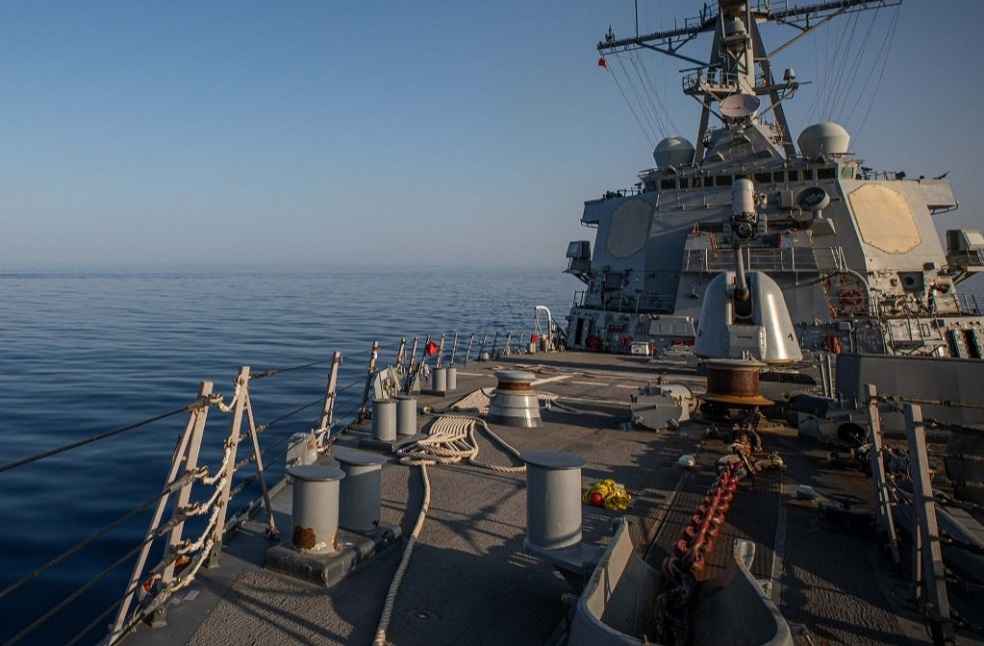Geopolitical tensions in the maritime region, exacerbated by the ongoing Red Sea Crisis and the Israel-Hamas war, are sending shockwaves through the global business arena. The Commerce Ministry’s strategic planning unit is urging stakeholders to closely monitor potential ramifications.
Poonpong Naiyanapakorn, director-general of the Trade Policy and Strategy Office (TPSO), warns of direct and indirect threats to the Thai economy. The Red Sea, vital for global trade, has become a chokepoint since Houthi rebels began seizing cargo vessels linked to Israel last November.
Retaliatory rebel actions are complicating navigation through the Bab-el-Mandeb Strait. Sustained attacks could disrupt supply chains and global crude oil transportation. The Red Sea via the Suez Canal facilitates 12% of the world’s maritime trade.
Cargo ship attacks have led global shipping companies to halt operations in the Red Sea, opting for longer routes. This has increased shipping costs, impacting Thai goods bound for the Middle East, Europe, Northern Africa, and parts of the eastern US.

The Constitutional Conservative | Twitter
Data from the Thai National Shippers’ Council reveals a surge in freight rates from December 2023 on various routes. Notably, on the Thailand-Europe route, freight rates spiked by 252% for 20-foot containers and 196% for 40-foot containers. Exporters now grapple with additional costs like transport system interruption fees, port congestion fees, and emergency fees.
The TPSO study underscores the Red Sea route’s significance for shipments to Europe, constituting over 8% of total Thai exports. Key export products may face transport challenges due to disruptions. The route is crucial for shipping to Jordan and Israel, making up about 10% of Thailand’s trade with the Middle East. However, since 90% of Thai exports transit through UAE ports, the overall impact on Middle Eastern exports may not be as substantial.

Escalating Conflicts and Broader Implications
Poonpong expresses concerns about the escalating conflicts in the Middle East, suggesting the potential for these conflicts to spread and involve more nations. Amid sporadic clashes between Israel and armed groups in Lebanon and Syria, fears are mounting that the conflict may regionalize, leading to the closure of the strategic Strait of Hormuz.
Such a development would profoundly impact Thailand, heavily dependent on imported crude oil from the Middle East. In 2023, half of Thailand’s energy imports, including crude oil, natural gas, and refined oil, originated from Middle Eastern countries.
A closure of the Strait of Hormuz could disrupt Thailand’s oil imports, resulting in crude oil shortages and a surge in oil prices. This would affect industrial production and the transportation sectors, potentially triggering inflation and challenges related to the cost of living. Poonpong emphasizes the need for careful monitoring of the evolving global situation.
LATEST NEWS | Trump’s Impending Trade War Escalation with China Sparks Global Concerns



